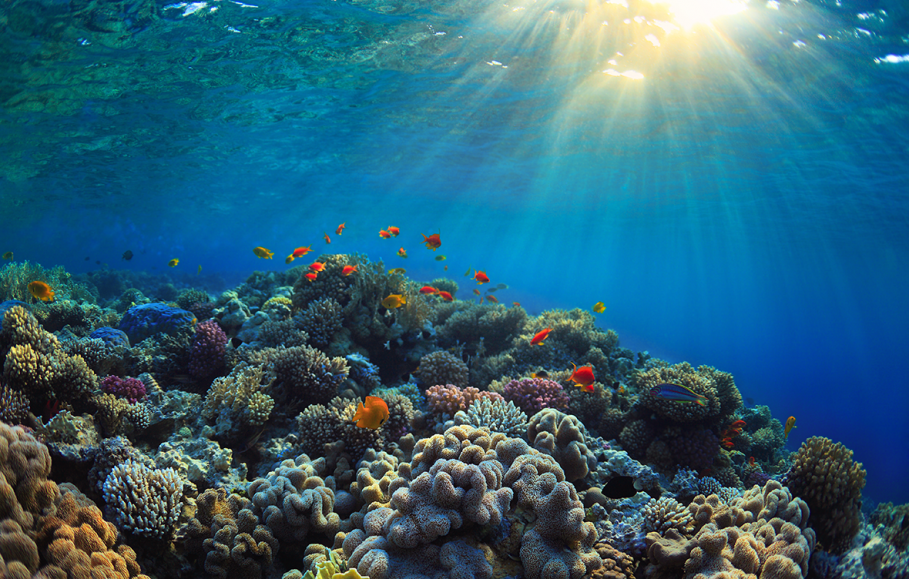Extreme weather events: Increased intense rainfall events
Globally, heavy rainfall over land has increased a lot since 1950 hugely over North America and Europe. Due to climate change, large precipitation levels have been shown to increase and although this isn’t only due to human activity, a large portion of the change is due to this and likely is the reason extreme weather events are more severe than before.
The increase of rainfall is then causing high numbers of flooding as many urbanised areas haven’t been made to tolerate these huge levels of rainfall. This is a human variable that is a factor that is creating flooding as depending on the land use and the drainage used specifies if an area is likely to flood or not.

Globally in the future, these extreme weather events are likely to increase due to there being an increase in temperature. Warming of our climate is then going to bring more frequent intense storms, instead of the weaker ones we have nowadays.
Ocean Acidification

Ocean Acidification is something that is affecting marine life a lot due to Climate change. Since the beginning of the industrial revolution, the acidity of the world’s surface oceans has increased by 30%. This is due to the increase of CO2 in our atmosphere which has been emitted by human activities. As there is more Carbon Dioxide a lot of this is then being absorbed into the oceans and sea.
The Carbon Dioxide in our oceans becomes a great danger to ocean ecosystems and the coral reefs. The absorption of CO2 also warms the oceans and can cause diseases of the coral and thermal bleaching. The acidification created is then reducing pH levels in the ocean and killing off the corals, destroying many of the ecosystems living in the coral reef’s homes.
Reflection
I feel that doing this research into these topics has broadened my knowledge and has given me ideas on how these ideas could be presented.
For our subject matter, we are all thinking of how we can show these climate events through modeling and then destroying these models to show the effects climate change has on a personal understanding level. Andrew is thinking of creating an ice sculpture and making a time-lapse of this melting away to show ice caps melting, and Jess had an idea of doing a painting on a canvas and then burning this canvas to show wildfires. These are both brilliant ideas and I have thought about how these topics I investigated could be represented in a similar way. For extreme weather events I was thinking of my research and how there has been a high increase of intense rainfall, showing this by making a model out of cardboard and leaving this either outside in the rain, or using a hose or water to show the destruction. This then further would show flooding.
I then looking into the ocean acidification thought of how this acid usually cannot be seen but the effects are obvious. We could show this by using a clear bowl of water and use dye to show how the Carbon Dioxide is diffusing into our oceans and destroying Coral ecosystems.
Today (Wednesday 31st March 2021), as a group we had a meeting with Jules and talked about these ideas and how we are planning on weaving all these ideas into one which she thought was a brilliant idea. We however need to try and develop this further and talk as a group on how we can create a strong narrative for the viewers of our presentation and have a closer relationship between topics. Overall, I’m happy with how far our project has come and have strong feelings this is going to work out well.
References
Met Office. (n.d.). Global Extreme events – Heavy Rainfall. https://www.metoffice.gov.uk/research/climate/understanding-climate/global-extreme-events_heavy-rainfall
NOAA: National Ocean service. (n.d.). How does climate change affect coral reefs?. https://oceanservice.noaa.gov/facts/coralreef-climate.html
Figure 1: https://www.earth.com/news/extreme-rainfall-events-connected/
Figure 2: https://www.sciencenewsforstudents.org/article/shell-shocked-emerging-impacts-ocean-acidification
